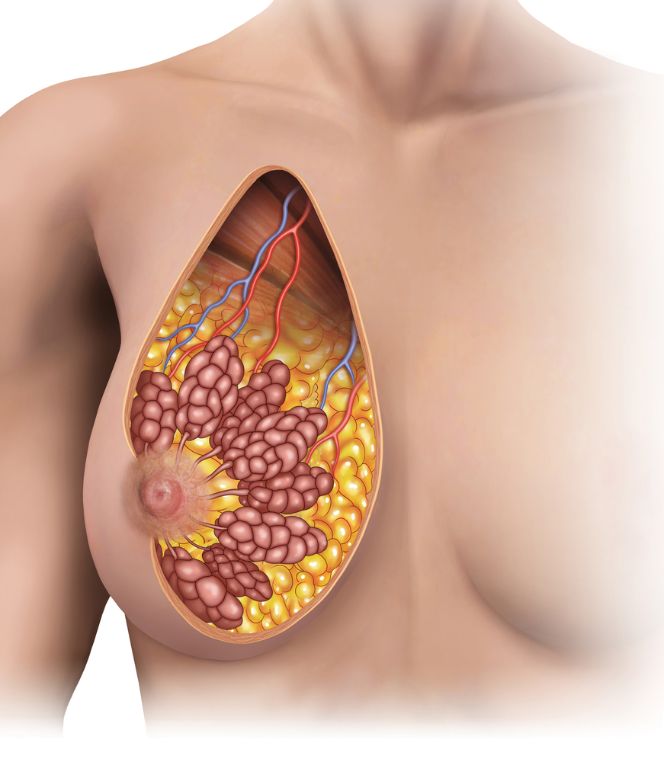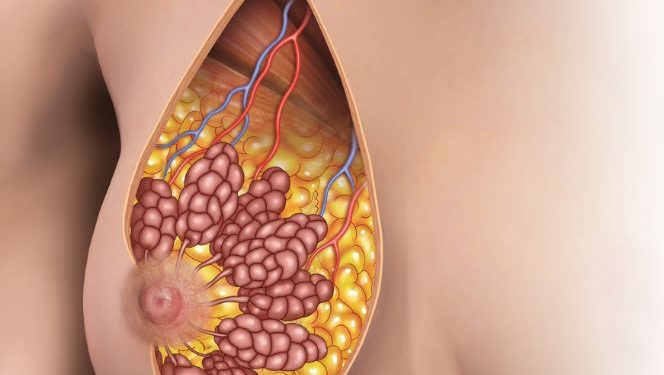Breast cancer rash isn’t common, but it’s important to pay attention to any changes in your breasts and report them to your doctor. If your rash is accompanied by swelling, a thickening of the skin, or other symptoms, it may be a sign of breast cancer. Rashes that aren’t associated with breast cancer can also signal other health problems, including infections and allergic reactions.
Inflammatory Breast Cancer
Inflammatory breast cancer (IBC) is a rare form of breast cancer that accounts for about 1 % to 5 % of all cases. It develops when cancer cells block the lymph vessels that carry fluid and white blood cells throughout the body. The lymph vessels appear as thin tubes through the breast tissue. When they are blocked, the breast tissue becomes red and swollen, and many women describe it as a rash.
It’s hard to diagnose IBC because it doesn’t produce a lump that can be found on a mammogram, so it’s often mistaken for other breast conditions. IBC tends to grow quickly, and most people with the disease are diagnosed at younger ages than those with other types of breast cancer.

Other symptoms of IBC include a rapid increase in breast size, sensations of heaviness, burning, or tenderness in the breast; a nipple that’s inverted, or facing inward instead of outward; and swollen lymph nodes under the arm, near the collarbone, or both. Some women with inflammatory breast cancer experience a rash that is similar to shingles.
A rash that appears in the area where breast tissue meets skin is called intertrigo. It’s a condition that occurs when skin rubs together, particularly in the area where the breasts meet the chest wall. It can lead to a painful rash, red and scaly, that’s sometimes described as itchy or scratchy. It can be caused by certain medications, such as hormone therapy or chemotherapy, but it’s not usually a sign of breast cancer.
If you have a rash that’s not related to cancer, it’s still important to see your doctor. They’ll do an exam to figure out what’s causing it. This is one of the reasons it’s so important to perform regular self-exams and notice any changes in your breasts, even a rash. A rash that starts suddenly and spreads rapidly should be evaluated right away by a healthcare professional. They may order a biopsy to make sure the rash isn’t a sign of cancer or another condition that requires treatment. They’ll also take into consideration your other symptoms and medical history. This will help them determine what kind of treatment is needed.









